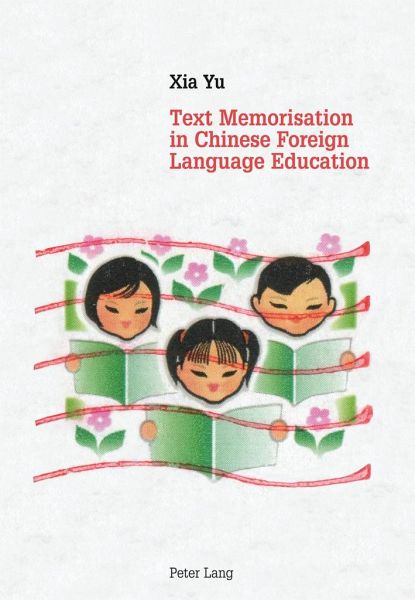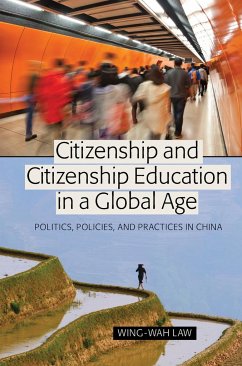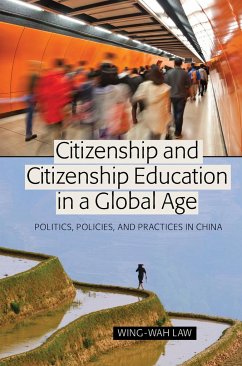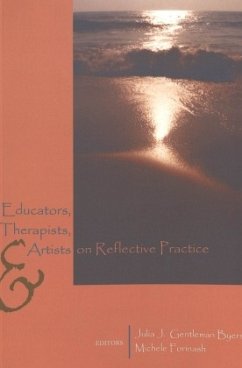
Text Memorisation in Chinese Foreign Language Education
Versandkostenfrei!
Versandfertig in 6-10 Tagen
68,95 €
inkl. MwSt.

PAYBACK Punkte
0 °P sammeln!
In China, a widespread learning practice for foreign languages are reading, reciting and memorising texts. This book investigates this practice against a background of Confucian heritage learning and western attitudes towards memorising, particularly audio-lingual approaches to language teaching and later largely negative attitudes. The author conceptually examines a number of issues central to the understanding of the practice of text memorisation in the Chinese educational context. Furthermore, there is an empirical inquiry into Chinese learners/teachers' practices and perceptions of the inc...
In China, a widespread learning practice for foreign languages are reading, reciting and memorising texts. This book investigates this practice against a background of Confucian heritage learning and western attitudes towards memorising, particularly audio-lingual approaches to language teaching and later largely negative attitudes. The author conceptually examines a number of issues central to the understanding of the practice of text memorisation in the Chinese educational context. Furthermore, there is an empirical inquiry into Chinese learners/teachers' practices and perceptions of the inclusion of text memorisation in foreign language learning and teaching. Drawing on heuristics yielded by both theoretical and empirical findings, this study promotes a 'different-rather-than-deficit' perspective in understanding Chinese learners and their learning practice by way of challenging the uncritical assumptions about the negative impact of a Confucian philosophy of education. More importantly, the topic and theme discussed in this book are timely and relevant to some long and widely debated issues in foreign language teaching and learning within China and internationally.












